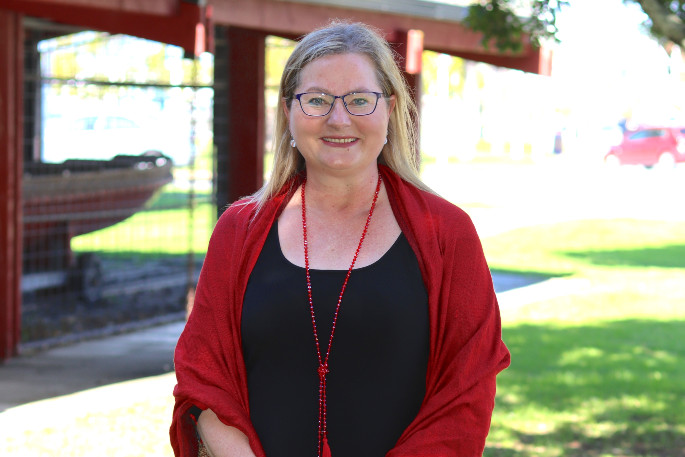Only a small percentage of children will be lifted out of poverty over the next three years by Budget announcements last week, Tauranga social agencies have been told.
About 40 members of social agencies gathered to discuss the effects of the Budget announcements on child poverty at a breakfast meeting organised by the local Western Bay Child Poverty Action Group.
Speaker Janet McAllister from CPAG says the announcements last week looked like three genres of movies - a wannabe blockbuster, an unexpected romance and a creeping horror.
She says one in five children are living in food insecurity in New Zealand, and this figure was higher among Maori and Pasifika.
"There are whole communities living under this stress,” she exclaims.
The solutions were liveable incomes, a system of manaakitanga (support), removing counter-productive sanctions on beneficiaries, debt scrapping, acknowledging the extra expenses of disability and having a realistic understanding of "relationships".
"There has been little movement in all of these things, other than income," she says.
In Tauranga, many had been living $218 a week below the poverty line, which led to more foodbank use and overcrowding. The income support would still mean there were families living $100 a week below where they should be.
"Treasury predicts that the poverty rate will reduce from 18.4 per cent to 17 per cent over three years with this Budget. That means there will be 190,000 still living in poverty,” she says.
"This is not okay. We need to put more resources into this. We are addressing housing issues because post housing costs are the issue."
MP Angie Warren Clark says there is a sense that people on benefits were "not worthy" when social agencies knew that was not the case.
"We are trying to bring back a level of dignity," she says.
As chair of the Social Services Select Committee she urges the attendees to make submissions on the need to increase income support and identify other needed changes.
"Food insecurity is a massive problem in this country. We're doing something wrong when we also waste 40 per cent of our food. We have so much more work to do."
Tommy Wilson, chief imagination officer for Te Tuinga Whanau, says disconnection was the biggest issue and the answers were in the community.
"We have got to get resources to the front line but we have never had a cent from Whanau Ora or Corrections."
"P is the problem. Don't use 'colonisation' as an excuse. People want somewhere warm to live and kai in their puku. We as Māori have to engage and we have to take ownership of our own backyard.
"We can't rely on government throwing the lollies around. There are people who don't accept help so we help those wanting help, most commonly the working poor and single, working parents. You have to get strategic about where you direct your kindness."



2 comments
Utter rubbish
Posted on 26-05-2021 16:58 | By Let's get real
"Child poverty" is a political construct. We have irresponsible, selfish or uneducated people who put no thought into raising their children. We have stepped away from personal responsibility because there's free money and someone else willing to solve your problems. Don't blame the kids, they're not to blame, but "child poverty" is easier to accept than dysfunctional people creating dysfunctional families.
How about?
Posted on 26-05-2021 17:03 | By Andrew64
Get a job?
Leave a Comment
You must be logged in to make a comment.